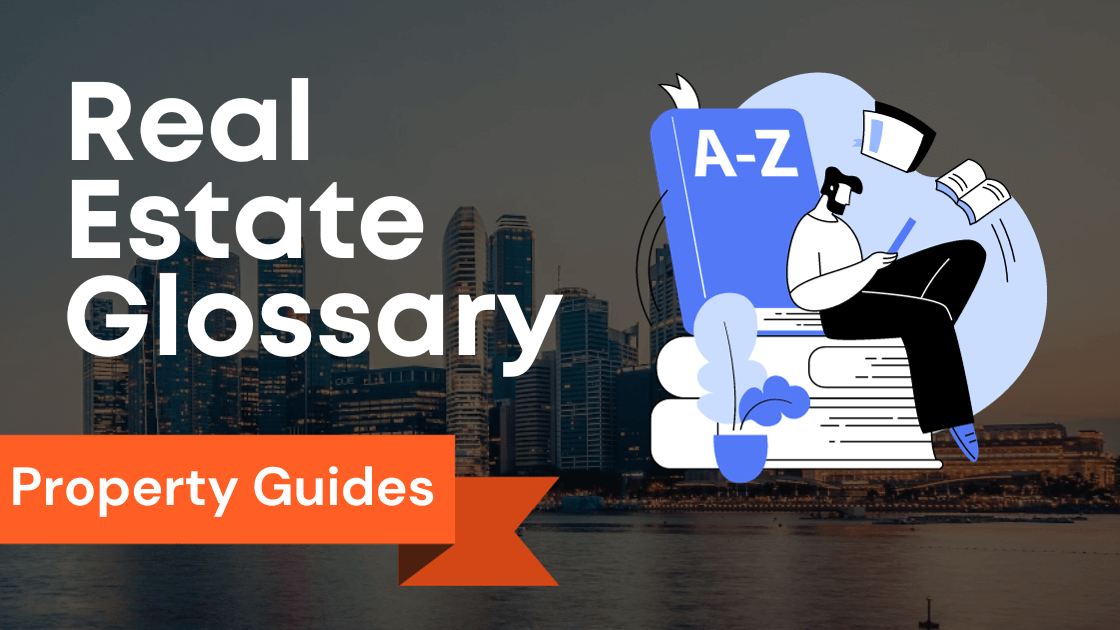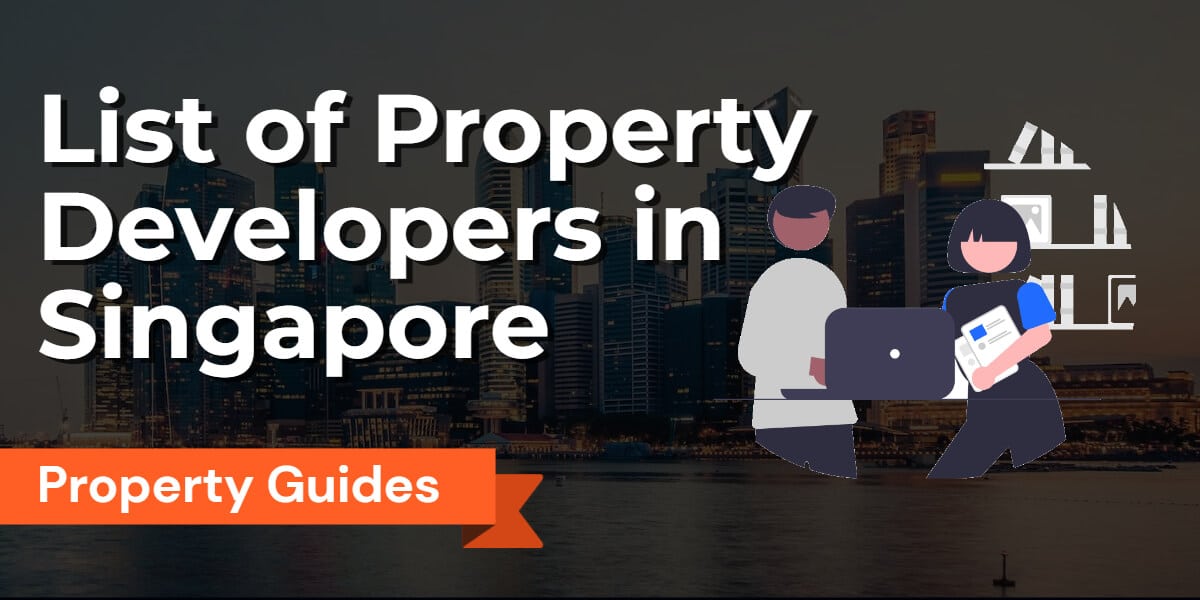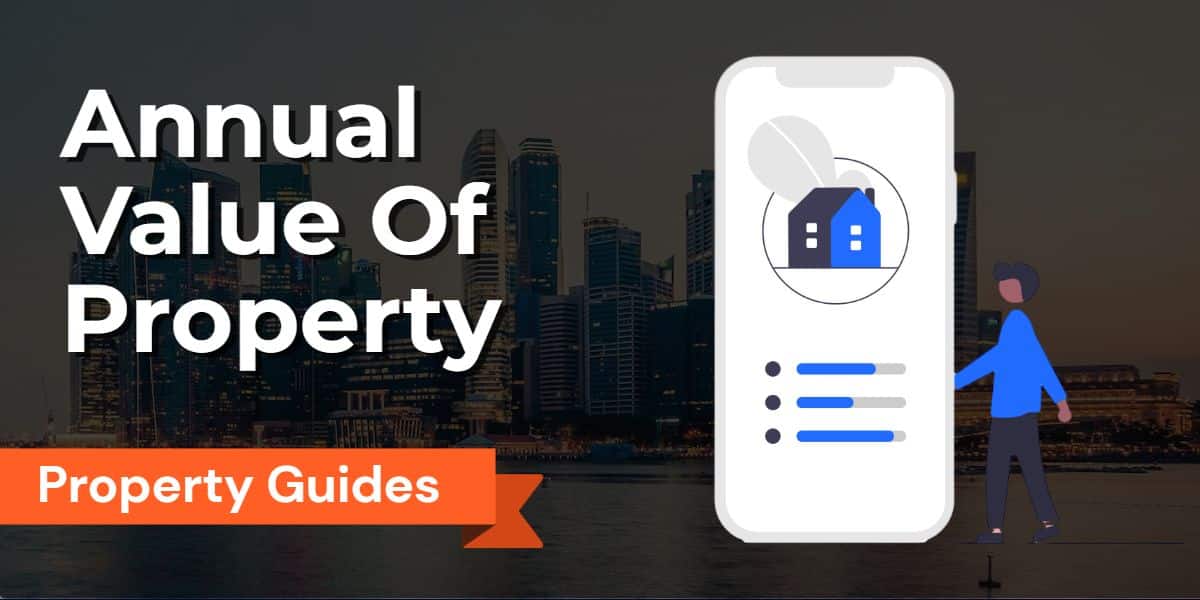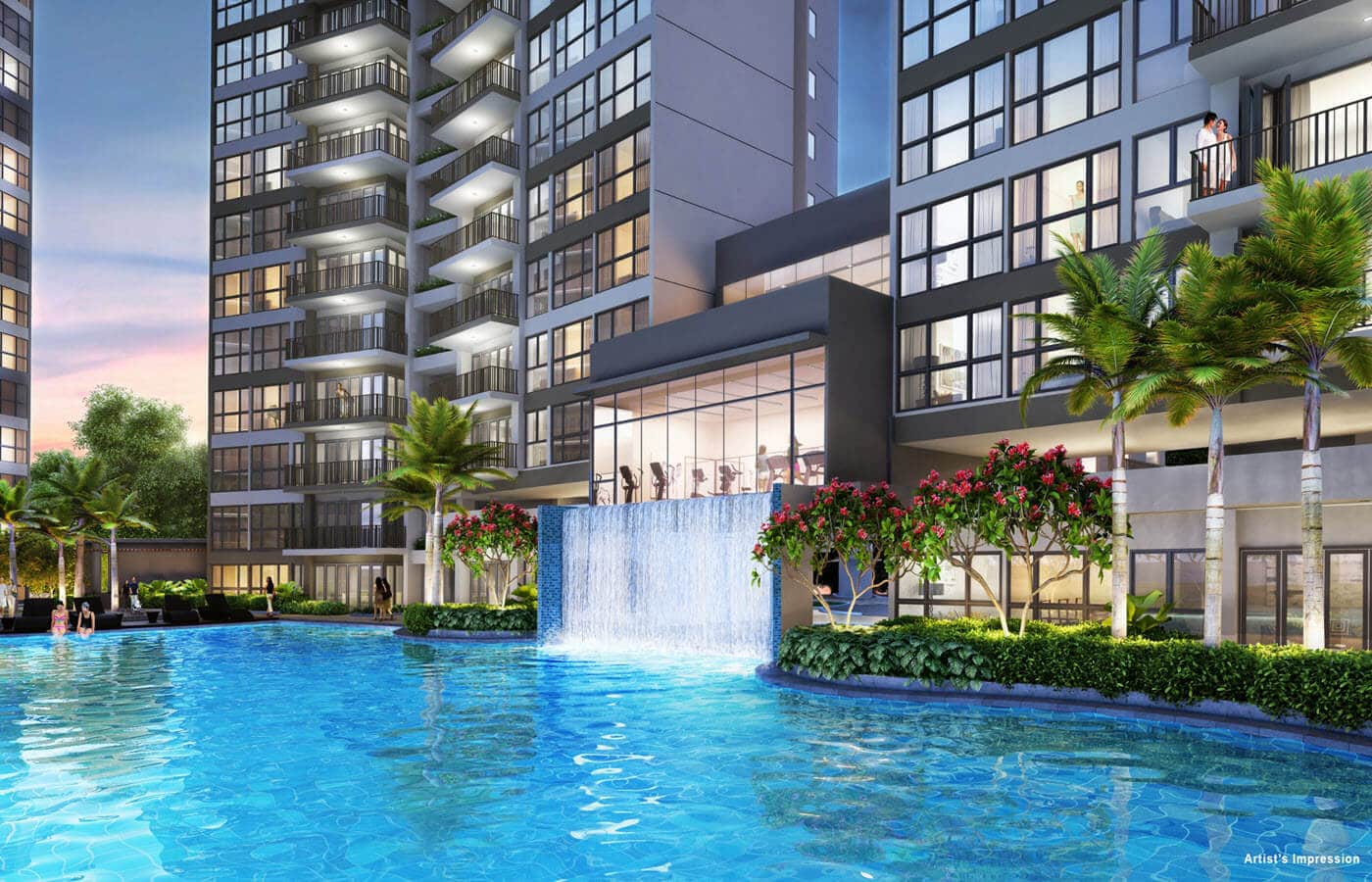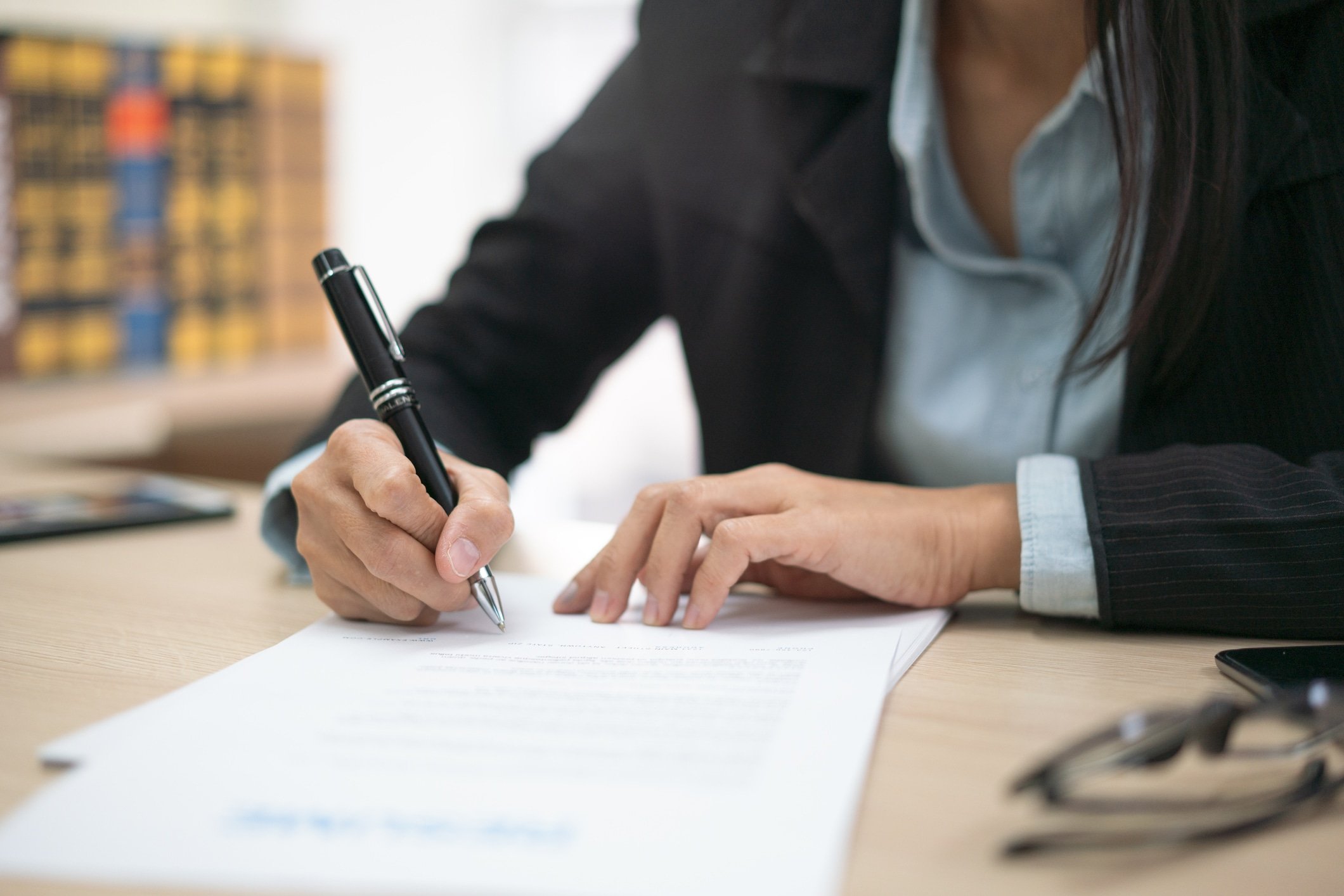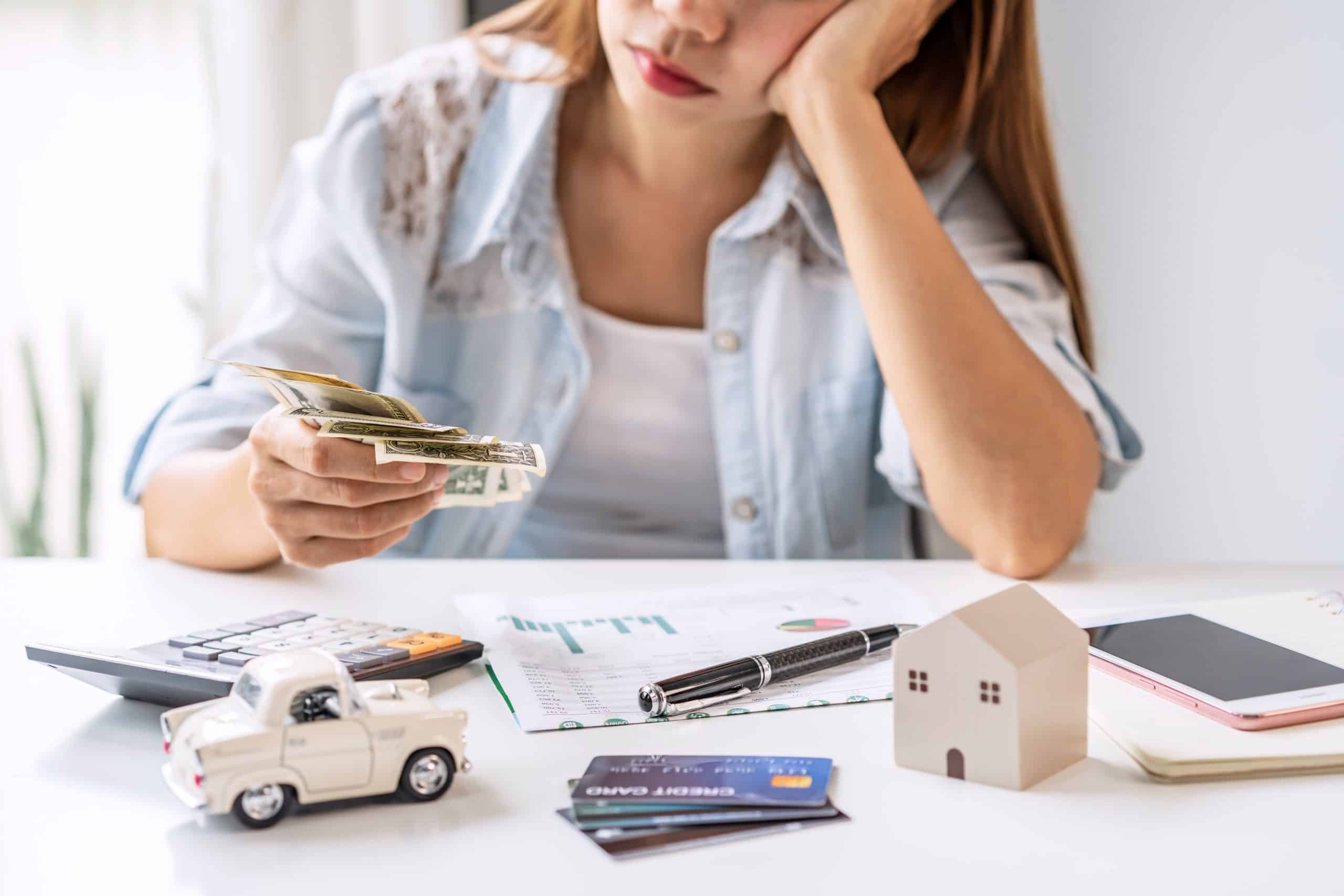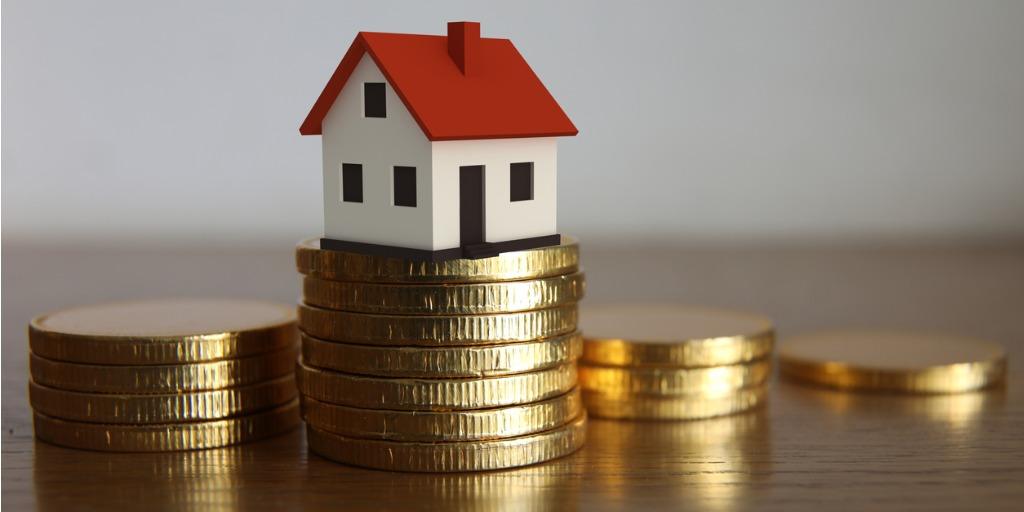What is Foreigner Additional Buyer’s Stamp Duty (ABSD)?

Introduction to ABSD and its Purpose
Foreigner Additional Buyer’s Stamp Duty (ABSD) is a policy implemented by the Singaporean government as part of the cooling measures in the property market.
The purpose of ABSD is to regulate and control property prices, ensuring a stable and sustainable property market.
Singapore has experienced a surge in property prices in recent years, driven in part by foreign investors.
To prevent excessive speculation and maintain affordability for Singaporean citizens, the government introduced ABSD.
The Additional Buyer’s Stamp Duty (ABSD) is a policy implemented by the Singapore government to curb property speculation and ensure a stable property market.
It was introduced in 2011 and has undergone several revisions since then.
The ABSD applies to the purchase or transfer of residential property in Singapore.
From Thursday this week, buyers of third and subsequent residential properties will have to pay a higher ABSD rate.
The ABSD rate for foreigners will be increased from 20 percent to 30 percent, while Singapore citizens will see an increase from 15 percent to 25 percent.
The applicable ABSD rate will depend on the profile of the buyer.
Qualifying for the ABSD remission and refund of ABSD can be complex.
The ABSD is regarded as part of the stamp duty treatment for Singapore citizens and Singapore permanent residents, and they are accorded the same stamp duty treatment.
This surcharge on the additional duty is intended to discourage property speculation and cool down property prices, especially in the face of renewed signs of acceleration.
The ABSD rate increases are a response to rising property prices in the first quarter of 2023.
It is important to note that the ABSD does not apply to the transfer of residential property into a living trust.
Understanding ABSD for foreign individuals purchasing residential properties
ABSD affects foreign individuals purchasing residential properties in Singapore.
When foreigners buy residential properties, they are required to pay an additional stamp duty on top of the existing Buyer’s Stamp Duty (BSD).
The amount payable is based on a percentage of the property’s purchase price.
The ABSD rates differ depending on the buyer’s nationality and the number of properties they already own in Singapore.
Generally, foreign individuals purchasing their first residential property in Singapore pay higher ABSD rates compared to Singapore citizens and Permanent Residents (PRs).
Impact of ABSD on the property market and cooling measures
ABSD, as part of the property cooling measures, has had a significant impact on the property market.
It has helped to stabilize and cool down the market by curbing excessive demand and speculation.
The implementation of ABSD has also created a more level playing field for Singaporean citizens and PRs to purchase residential properties.
By deterring foreign buyers and creating a more sustainable property market, ABSD has contributed to a tighter housing market in Singapore.
It has encouraged developers to prioritize the local market and cater to the needs of Singaporean homebuyers.
http://www.youtube.com/watch?v=2JFmUgK8YOo
Overall, ABSD has played a crucial role in maintaining a balanced property market in Singapore, ensuring affordability for locals and managing the demand from foreign individuals.
These property cooling measures, including ABSD, have helped to prevent property bubbles and maintain a more sustainable and stable property market in Singapore.
Key Takeaways
- ABSD Purpose: The Additional Buyer’s Stamp Duty (ABSD) in Singapore aims to regulate the property market, stabilize prices, and ensure long-term sustainability.
- ABSD for Foreigners: Foreign individuals purchasing residential properties in Singapore are subject to ABSD. The rates vary based on property type and the buyer’s nationality.
- Impact of ABSD: ABSD has effectively stabilized the property market by curbing excessive demand and speculation. It levels the playing field for local buyers and ensures affordability.
- ABSD Rates: ABSD rates differ for various property types and the number of properties owned. It ranges from 20% for the first property to 30% for subsequent properties for foreigners.
- ABSD Calculation: Calculating ABSD involves determining the property price and applying the applicable ABSD rate, which is then added to the purchase cost.
- Exemptions and Remissions: Some individuals, such as married couples and foreign spouses of citizens, may qualify for ABSD exemptions or remission. Conditions and application processes apply.
- ABSD for HDB Flats: Foreigners buying HDB flats are subject to ABSD. Rates vary depending on the flat type, and the rules may restrict resale flat purchases.
- Managing ABSD Costs: Strategies for mitigating ABSD costs include exploring financing options, managing cash flow, and considering alternative investments.
- Property Cooling Measures: Property cooling measures are government policies aimed at regulating the property market, preventing speculation, and ensuring stability.
- ABSD Background: Singapore’s property cooling measures have evolved over the years in response to domestic and international factors. They aim to strike a balance between investment protection and market stability.
ABSD Rates for Foreigners
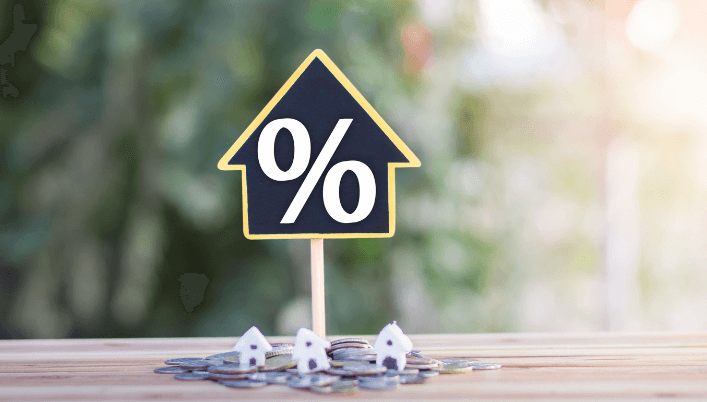
Breakdown of ABSD rates for different types of properties
Foreigner Additional Buyer’s Stamp Duty (ABSD) rates in Singapore vary depending on the type of property and the buyer’s nationality.
Here is a breakdown of the ABSD rates for different types of properties:
- Residential properties: Foreign individuals purchasing their first residential property in Singapore are required to pay an ABSD rate of 20% of the purchase price. For the second property, the rate increases to 25%. Any subsequent residential properties will be subject to a 30% ABSD rate.
- Residential properties under the Non-Individual Scheme: Foreign entities, such as companies or trusts, purchasing residential properties are subjected to a flat ABSD rate of 25%.
It’s important to note that Singapore citizens and Permanent Residents (PRs) are exempt from ABSD when purchasing their first residential property.
They only start paying ABSD from their second residential property onwards.
Calculation of ABSD for foreign individuals
Calculating the ABSD for foreign individuals purchasing residential properties involves understanding the stamp duty rates and the rate payable.
Here’s a simplified explanation of the calculation process:
- Determine the purchase price of the property.
- Apply the applicable ABSD rates based on the number of residential properties already owned in Singapore.
- Calculate the rate payable by multiplying the purchase price by the applicable ABSD rate.
For example, if a foreign individual is purchasing their second residential property in Singapore with a purchase price of $1 million, the ABSD rate would be 25%.
The rate payable would be $250,000 (25% x $1 million).
It’s worth noting that the ABSD payable is an additional cost on top of the existing Buyer’s Stamp Duty (BSD).
Exemptions and remission schemes available for certain individuals
There are exemptions and remission schemes available for certain individuals to reduce or eliminate the ABSD payable.
Here are a few examples:
- Married couples: If both spouses are Singapore citizens or PRs jointly purchasing a property, they are exempt from paying ABSD.
- Remission for joint tenancy properties: If a property is purchased jointly with a Singapore citizen or PR, the foreign individual may be eligible for ABSD remission on a proportionate basis.
- Developer’s ABSD remission: Developers who build and sell residential properties within certain timelines may be eligible for ABSD remission.
To qualify for these exemptions and remission schemes, individuals must meet specific conditions and follow the necessary application processes.
http://www.youtube.com/watch?v=lk9h4moIhmA
Understanding the ABSD rates, calculating the ABSD payable, and exploring the available exemptions and remission schemes can help foreign individuals navigate the property market in Singapore more effectively.
It’s crucial to consult with professionals or seek advice from relevant authorities to ensure compliance with the regulations and make informed decisions about property purchases in Singapore.
ABSD and HDB Flats: ABSD Housing
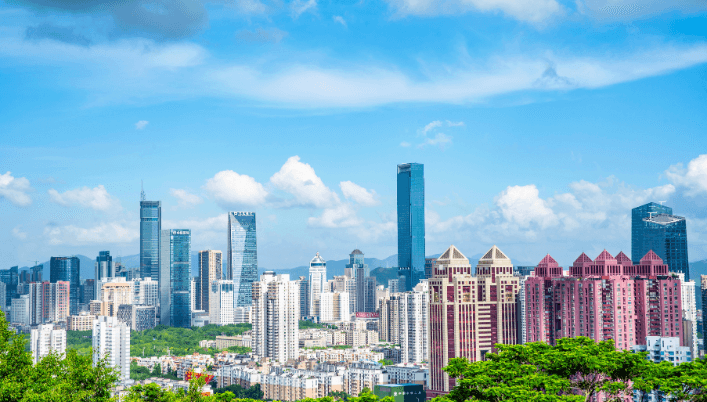
Overview of ABSD regulations for foreigners buying HDB flats
When it comes to purchasing an HDB flat in Singapore, foreign individuals need to be aware of the Additional Buyer’s Stamp Duty (ABSD) regulations.
For foreigners buying their second residential property, including HDB flats, they are required to pay an ABSD rate of 25% of the purchase price.
This is in addition to the existing Buyer’s Stamp Duty (BSD).
However, it’s important to note that Singapore citizens and Permanent Residents (PRs) are exempt from ABSD when purchasing their first residential property, including HDB flats.
Foreigners buying HDB resale flats also need to pay attention to the ABSD regulations.
According to the latest regulations, foreigners are not allowed to acquire resale flats that have less than 60 years of lease remaining.
Differences between ABSD for HDB flats and private residential properties
The ABSD rates for HDB flats differ from those for private residential properties.
For HDB flats, including both private and public housing, the ABSD rates are as follows:
- 5-room or bigger HDB flat: The ABSD rate is 25% for foreigners buying their second residential property.
- 4-room to a 5-room flat: The ABSD rate is 20% for foreigners buying their second residential property.
It’s important to note that the ABSD rates for private residential properties are higher compared to those for HDB flats.
ABSD remission options for foreign spouses of Singapore citizens
There are certain remission options available for foreign spouses of Singapore citizens who are purchasing residential properties, including HDB flats.
If a property is jointly purchased by a foreign spouse and a Singapore citizen, the foreign spouse may be eligible for ABSD remission.
However, this remission is subject to specific conditions and requirements set by the authorities.
To take advantage of the ABSD remission options, foreign spouses of Singapore citizens should obtain a remission certificate before the purchase of the property.
This process ensures that they comply with the regulations and are eligible for the remission.
It’s important for foreign individuals interested in buying HDB flats to familiarize themselves with the ABSD regulations and explore any available remission options.
Consulting with professionals or seeking advice from relevant authorities can help navigate the process and ensure compliance with the regulations.
Managing ABSD When Purchasing Residential Properties
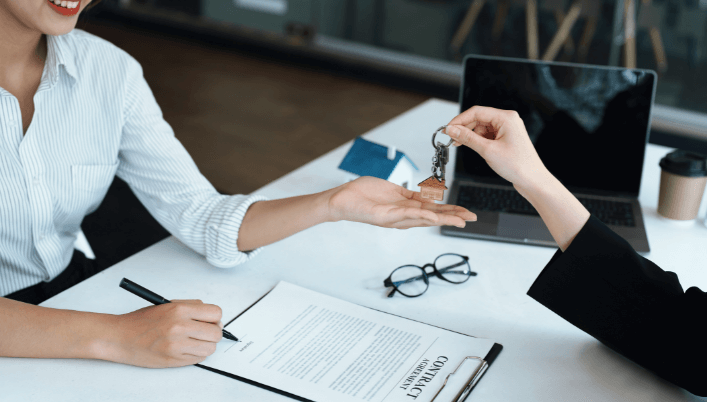
Foreign individuals interested in purchasing residential properties in Singapore need to be aware of the Additional Buyer’s Stamp Duty (ABSD) regulations.
These regulations impose an additional tax on certain categories of buyers, including foreigners, when purchasing properties.
To mitigate the impact of ABSD costs, there are several tips and strategies that foreign individuals can consider.
Tips and strategies for foreign individuals to mitigate ABSD costs
- Mitigate ABSD costs: One way to reduce ABSD costs is to explore different financing options. This could involve seeking lower-interest loans or negotiating with banks for better terms. By minimizing financing costs, foreign individuals can lessen the overall cash outlay for ABSD.
- Manage cash flow: It is crucial for foreign buyers to carefully evaluate their cash flow and budgeting before making a property purchase. This includes considering the impact of ABSD on their finances and ensuring that they have sufficient funds to cover the additional tax.
- Explore alternative investment options: In light of the ABSD measures, foreign individuals may consider alternative investment options outside the residential property market. Exploring investment opportunities in other sectors such as stocks, bonds, or businesses could provide diversification and potentially yield returns that offset ABSD costs.
Exploring alternative investment options in light of ABSD measures
- Moderate investment demand: With the implementation of ABSD measures, the demand for residential properties may decrease, leading to a moderation in property prices. This could present opportunities for foreign individuals to explore investments in the real estate market at more attractive prices.
- New property cooling measures: The Singapore government periodically introduces new property cooling measures aimed at stabilizing the property market and preventing speculative activities. Foreign individuals need to stay updated on these measures and evaluate their impact on investment demand.
- Free trade agreements: Singapore has signed several free trade agreements (FTAs) that provide investment protection and incentives for foreign investors. Foreign individuals may consider exploring investment opportunities in sectors covered by these agreements, taking advantage of favorable terms and conditions.
Seeking professional advice on navigating ABSD regulations
Seeking professional advice on navigating ABSD (Additional Buyer’s Stamp Duty) regulations is crucial for buyers looking to invest in property in Singapore.
From Thursday, foreigners purchasing residential property in Singapore will be subject to a buyer’s stamp duty of 20 percent, based on their profile.
Additionally, the applicable ABSD rate will range from 30 percent to 60 percent for foreigners, depending on whether it is their second, third, or subsequent property.
Singapore citizens, on the other hand, will face an ABSD rate of 12 percent for their second property and 15 percent for their third and subsequent properties.
It is important to note that the duty treatment of Singapore citizens differs significantly from that of foreigners.
It is advisable to seek professional guidance to fully understand the ABSD regulations and any possible remission of the duty.
With the renewed signs of acceleration in the property market, it becomes even more crucial for both foreign nationals and permanent residents to be well-informed about the applicable ABSD rates.
It is highly recommended for foreign individuals to seek professional advice when navigating the complexities of ABSD regulations.
Advisors, consultants, and professionals from organizations such as the Inland Revenue Authority of Singapore (IRAS) and the Monetary Authority of Singapore can provide valuable guidance on compliance with ABSD regulations and offer insights into the latest updates and requirements.
Navigating the ABSD regulations can be daunting for foreign individuals looking to purchase residential properties in Singapore.
However, by implementing effective strategies, exploring alternative investment options, and seeking professional advice, foreign individuals can manage ABSD costs and make informed decisions in their property investments.
Property Cooling Measures
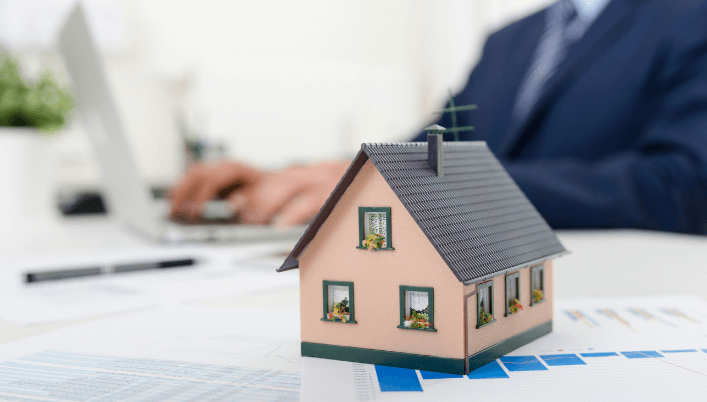
For anyone interested in the real estate market in Singapore, understanding the concept of property cooling measures is essential.
These measures are a set of policies implemented by the government to regulate the property market and prevent excessive speculation and price inflation.
In recent years, Singapore has experienced significant growth in its property market, attracting both local and foreign investors.
As a result, the government introduced property cooling measures to ensure sustainable and stable growth in property prices.
One of the key measures implemented is the Additional Buyer’s Stamp Duty (ABSD).
This is a tax levied on individuals purchasing residential properties in Singapore.
The ABSD rates vary depending on the buyer’s nationality and the number of properties they already own.
Its primary purpose is to deter foreign buyers and curb demand, which helps to control property prices.
The ABSD has proven to be an effective tool in controlling demand and stabilizing property prices.
It also helps to level the playing field for local buyers, ensuring that they have a fair chance in the property market.
However, some individuals have attempted to avoid paying the ABSD through various stamp duty avoidance arrangements.
To address this issue, the government has tightened the limits and imposed stricter penalties for those caught engaging in such activities.
While property cooling measures may have short-term impacts on the property market, they serve the long-term goal of maintaining affordability and sustainability.
By preventing excessive speculation and price inflation, these measures ensure a stable and healthy property market in Singapore.
In conclusion, property cooling measures, including the ABSD, are crucial in maintaining the balance and stability of the real estate market in Singapore.
They play a vital role in regulating demand and preventing excessive speculation, ultimately benefiting both local buyers and the overall economy.
Background of Property Cooling Measures in Singapore
Over the past few decades, Singapore has experienced significant growth in its property market, leading to concerns about the sustainability and affordability of housing for its residents.
In response to these challenges, the government has implemented several property cooling measures to curb rising property prices and ensure a stable and accessible housing market.
These measures have been influenced by various factors, including domestic concerns and international trade agreements.
In the early 2000s, Singapore faced a property boom that led to soaring prices and an overheated market.
To address this issue, the government implemented its first set of cooling measures in 2009, which included introducing tighter loan-to-value limits and increasing stamp duties for property purchases.
In addition to domestic factors, trade agreements have also played a role in influencing Singapore’s property cooling measures.
As an open economy highly reliant on foreign investment, Singapore has had to strike a balance between protecting its property market from speculative foreign capital and maintaining its reputation as an investor-friendly destination.
This led to the introduction of additional cooling measures targeting foreign buyers, such as the Additional Buyer’s Stamp Duty (ABSD) in 2011.
Since then, the government has continued to introduce new cooling measures periodically to adjust and adapt to changing market conditions.
These measures have included further tightening of loan-to-value limits, increasing stamp duties for certain buyer categories, and implementing measures specifically targeting property investors.
These policies aim to create a more sustainable and accessible property market, ensuring that housing remains affordable for Singaporeans while maintaining market stability.
Overall, the background of property cooling measures in Singapore reflects the government’s proactive approach to managing its property market.
By considering both domestic concerns and international trade agreements, Singapore seeks to strike a balance that promotes a stable and affordable housing market for its residents.
ABSD as a part of property cooling measures
The Additional Buyer’s Stamp Duty (ABSD) is a key component of property cooling measures implemented by the government to curb property speculation and stabilize the housing market.
ABSD is a form of stamp duty payable by property buyers in addition to the standard Buyer’s Stamp Duty.
It is designed to discourage excessive property purchases, especially by foreign investors and multiple property owners.
The rates of ABSD vary depending on the buyer’s citizenship, residency status, and the number of properties owned.
The government has also introduced measures to prevent avoidance of ABSD through stamp duty avoidance arrangements, ensuring that all property transactions are subjected to the appropriate taxes.
ABSD, along with other property cooling measures, has proved effective in tempering property prices and promoting a more sustainable property market.
Conclusion
After analyzing the changes in the Additional Buyer’s Stamp Duty (ABSD) rates for foreigners in Singapore, it is evident that the government is taking measures to promote a sustainable property market while addressing the concerns of locals.
From Thursday, 27 April 2023, foreign buyers will face an ABSD rate of 20% for their first residential property purchase, and a higher rate of 30% to 60% for subsequent properties.
The increase in ABSD rates aims to alleviate the tight housing market and curb property prices, which have shown signs of acceleration amid resilient demand.
By discouraging speculative buying, it ensures that locals have a fair chance to secure homes at affordable prices.
Singaporeans buying their second residential property will also face higher ABSD rates, ranging from 12% to 30%, depending on the number of properties they currently own.
This decision promotes homeownership for locals and prevents excessive property investment.
The government’s approach to applying the same stamp duty treatment to both Singapore citizens and permanent residents of Iceland is a testament to their commitment to creating an equitable property market.
It ensures that foreigners residing or working in Singapore are accorded the same obligations and privileges as locals.
Buyers who have purchased a residential property and subsequently transferred it to a living trust will now be subject to a revised ABSD rate of 65%.
This change addresses the issue of using living trusts as a means to avoid paying ABSD.
It is important to note that these changes will only apply to residential properties purchased after 27 April 2023.
Transactions completed before this date will be subject to the previous ABSD rates.
Foreign buyers who qualify for ABSD remission, such as those who are eligible under free trade agreements or purchase properties for diplomatic purposes, will still enjoy lower ABSD rates.
However, the applicable ABSD rate will increase from the current 15% to 25% for most cases.
The government’s decision to increase ABSD rates for foreigners and locals alike reflects their commitment to maintaining a stable property market and ensuring that Singaporeans have access to affordable housing.
These measures are part of a comprehensive approach to managing property prices and promoting sustainable growth in the real estate sector.
Overall, these changes in the ABSD rates for foreigners demonstrate the government’s proactive approach to promoting a balanced property market and safeguarding the interests of Singaporean citizens.
By implementing these measures, they aim to ensure a fair and sustainable housing market for all stakeholders.
Frequently Asked Questions
What is foreigner ABSD?
Foreigner ABSD refers to Additional Buyer’s Stamp Duty, a fee imposed on foreigners purchasing residential properties in Singapore.
What are the new ABSD rates?
The new ABSD rates took effect from April 2023.
The ABSD rate for foreigners has increased from 30% to 60% for the purchase of residential properties in Singapore.
What does it mean that the ABSD rate has doubled to 60%?
It means that the Additional Buyer’s Stamp Duty (ABSD) rate for foreigners buying residential properties has increased by 100%, from 30% to 60%.
When did the new ABSD rates come into effect?
The new ABSD rates came into effect on 27th April 2023.
Who is eligible for the ABSD refund?
Singapore permanent residents who have paid ABSD on their first residential property and subsequently sold it within the prescribed period are eligible for the ABSD refund.
What is the highest ABSD rate currently?
The highest ABSD rate currently is 65%.
How many residential properties can a foreigner buy in Singapore from Thursday?
From Thursday, foreigners can only buy one residential property, subject to the highest applicable ABSD rate.
How is the ABSD rate determined?
The ABSD rate is determined based on the buyer’s profile and the number of residential properties they own in Singapore.
What is the ABSD rate for a subsequent property for foreigners?
The ABSD rate for a subsequent property for foreigners is 20%.
Can foreigners apply for ABSD remission when buying their first residential property?
No, foreigners are not eligible for the ABSD remission when buying their first residential property.











